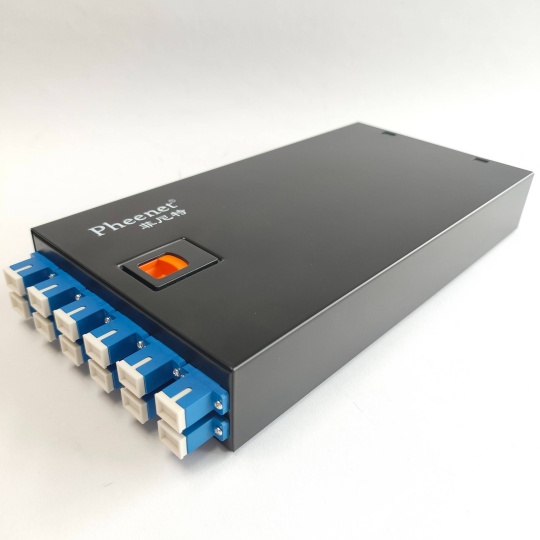Why is industrial cable resistance to oil important in factories
In industrial settings—from manufacturing plants and automotive assembly lines to chemical facilities and heavy machinery workshops—oil is omnipresent. It lubricates moving parts, cools equipment, and enables processes like metal cutting or hydraulic operations. Yet this essential substance poses a hidden threat to industrial cables, making oil resistance a non-negotiable feature for factory operations. Below is a detailed breakdown of its importance, grounded in real-world factory needs.
1. Prevents Electrical Hazards and Ensures Workplace Safety
The primary function of industrial cables is to transmit electricity or data reliably. Most standard cables use insulation materials (e.g., basic PVC or rubber) that degrade when exposed to oil. Over time, oil penetrates the insulation, causing it to swell, crack, or peel. This exposes the cable’s conductive cores, creating risks of:
- Short circuits: Exposed wires can touch each other or metal surfaces, triggering sparks, equipment malfunctions, or even electrical fires—especially dangerous in factories with flammable materials.
- Electrical leakage: Damaged insulation allows current to leak, endangering workers with electric shock risks. For example, in automotive factories, where hydraulic oil often splatters onto cables powering conveyor belts, a non-oil-resistant cable could lead to a life-threatening leak within months.
Oil-resistant cables use specialized insulation (e.g., nitrile rubber, neoprene, or oil-modified PVC) that repels oil penetration. This maintains the insulation’s integrity, eliminating these safety hazards and ensuring compliance with industrial safety standards (such as IEC 60245 or UL 1015 for oil resistance).
2. Extends Cable Lifespan and Reduces Downtime
Factory downtime is costly—even a single hour of halted production can result in thousands of dollars in losses. Non-oil-resistant cables degrade rapidly in oily environments: insulation breakdown typically occurs within 6–12 months, forcing frequent replacements. Each replacement requires shutting down equipment, disconnecting systems, and reinstalling new cables—a process that disrupts workflows.
Oil-resistant cables, by contrast, withstand prolonged oil exposure (some models last 5–10 years in high-oil areas). For instance, in a metalworking factory using cutting oil, an oil-resistant cable powering a CNC machine will avoid premature failure, reducing the need for unplanned maintenance. This continuity is critical for factories relying on 24/7 operations, as it minimizes downtime and keeps production on schedule.
3. Maintains Consistent Performance of Critical Equipment
Many factory processes depend on precise electrical or data transmission—think automated robots, sensors, or control systems. Oil damage to cables does not always cause immediate failure; often, it degrades performance gradually:
- Signal interference: For data cables (e.g., Ethernet cables in smart factories), oil-soaked insulation can disrupt signal clarity, leading to errors in robot navigation or sensor readings. This causes product defects (e.g., misaligned automotive parts) or process delays.
- Reduced conductivity: Oil can corrode the cable’s copper cores, increasing electrical resistance. This forces equipment (like motors or heating elements) to work harder, wasting energy and shortening the equipment’s lifespan.
Oil-resistant cables preserve both insulation and conductor integrity. They ensure stable electricity flow and data transmission, keeping automated systems, machinery, and monitoring tools operating at peak efficiency—essential for maintaining product quality and meeting production targets.
4. Lowers Long-Term Operational Costs
While oil-resistant cables may have a slightly higher upfront cost than standard cables, they deliver significant long-term savings:
- Fewer replacements: As noted, their longer lifespan means factories spend less on cable purchases and labor for installation.
- Reduced repair costs: Avoiding short circuits or equipment damage from oil-related cable failures eliminates expensive repairs to machinery (e.g., a burnt-out motor or damaged robot arm).
- Energy efficiency: Stable conductivity reduces energy waste, lowering monthly utility bills.
For example, a medium-sized manufacturing plant using 100 non-oil-resistant cables might spend $5,000 annually on replacements and repairs. Switching to oil-resistant cables could cut this cost by 70% or more over five years.
FRS: Your Trusted Partner for Oil-Resistant Industrial Cables
At FRS, we understand the unique challenges factories face with oil exposure. Our industrial cables are engineered with premium oil-resistant materials—tested to withstand harsh oils (including mineral oil, hydraulic fluid, and cutting oil) in high-temperature and high-vibration environments. Every FRS cable meets global safety standards, ensuring reliability, longevity, and compliance for your operations. Whether you need cables for automotive assembly, chemical processing, or heavy machinery, we offer tailored solutions to keep your factory safe, efficient, and productive. Choose FRS—where quality meets industrial needs.











